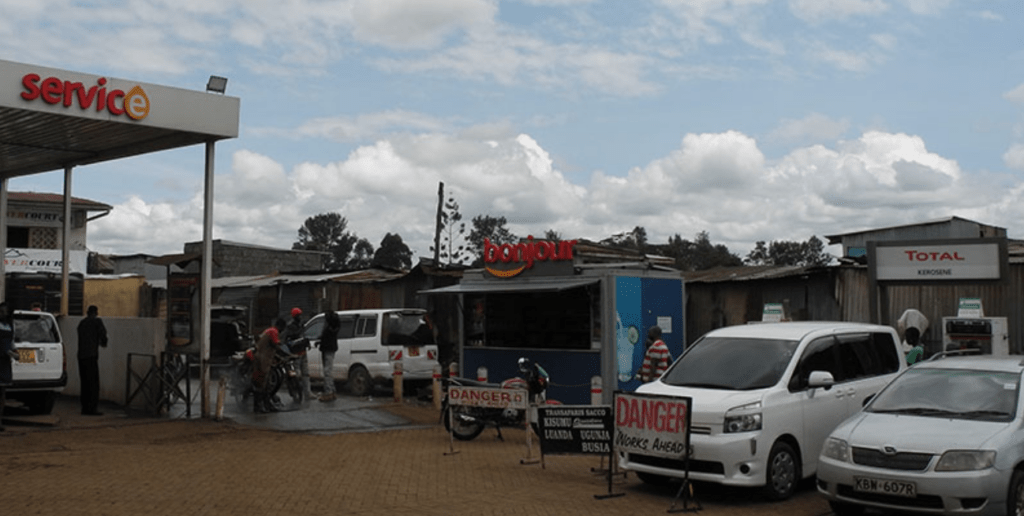Enabling modern solar powered retail solution, empowering rural communities
Rural bottom of the pyramid (BoP) communities become more and more attractive for businesses and are becoming part of their growth strategy. They are the last undeveloped markets in this world offering huge potential for growth of business in these emerging nations.
But due to lack of infrastructure, business cannot set up in the last mile. Often there is no electricity from the grid and in order to set up shop in these locations, businesses have to invest in diesel generators. If there is grid, it is most of the time very unstable and frequent brown outs make it difficult to run operations without interruptions.
The solar power integrated E-HUBB is the ideal infrastructure solution for businesses in order to be able and develop their growth strategy in the last emerging markets of this world. Businesses are able to set up operations in a matter of days, get their systems connected and run their operations without interruptions due to blackouts.
SOLARKIOSK has empowered over 200 retail shops, F&B shops, healthcare facilities and other types of businesses across Africa and Asia.
Building the biggest solar-powered last mile retail chain
Solarkiosk used it’s proprietary infrastructure solution, the E-HUBB, to become East Africa’s largest rural retail network with up to 40,000 transactions per day, serving a total of approx. 5 million customers! The company quickly became the energy-connectivity gateway and last mile distribution to untapped markets at the Base-of-the-Pyramid (BoP), framed by an unparalleled sustainable business model.
To increase the sustainability of the organization, Solarkiosk innovated and implemented it’s productive use of renewable energy business model of solar powered rural malls, which led to its newest project THE PULSE Rwanda.
Solar powered fuel station retail infrastructure
The flexibility of the solar power integrated retail E-HUBB gives fuel station operators the ability to add a retail component to its operations as well as the ability to offer new services, such as phone or battery charging, which, especially in Africa, is in great demand from motor bike drivers. Commuters stop to charge their phone and have a cold drink – driving traffic to the service station and greater visibility of operators brand. In the same time, the fuel station operator can clearly demonstrate its commitment to renewable energy.
Furthermore, the E-HUBB is considered as temporary and permanent structures, implemented in less than one week, and required significantly less paperwork and permits compared to build standard brick and motor retail spaces on fuel stations.


